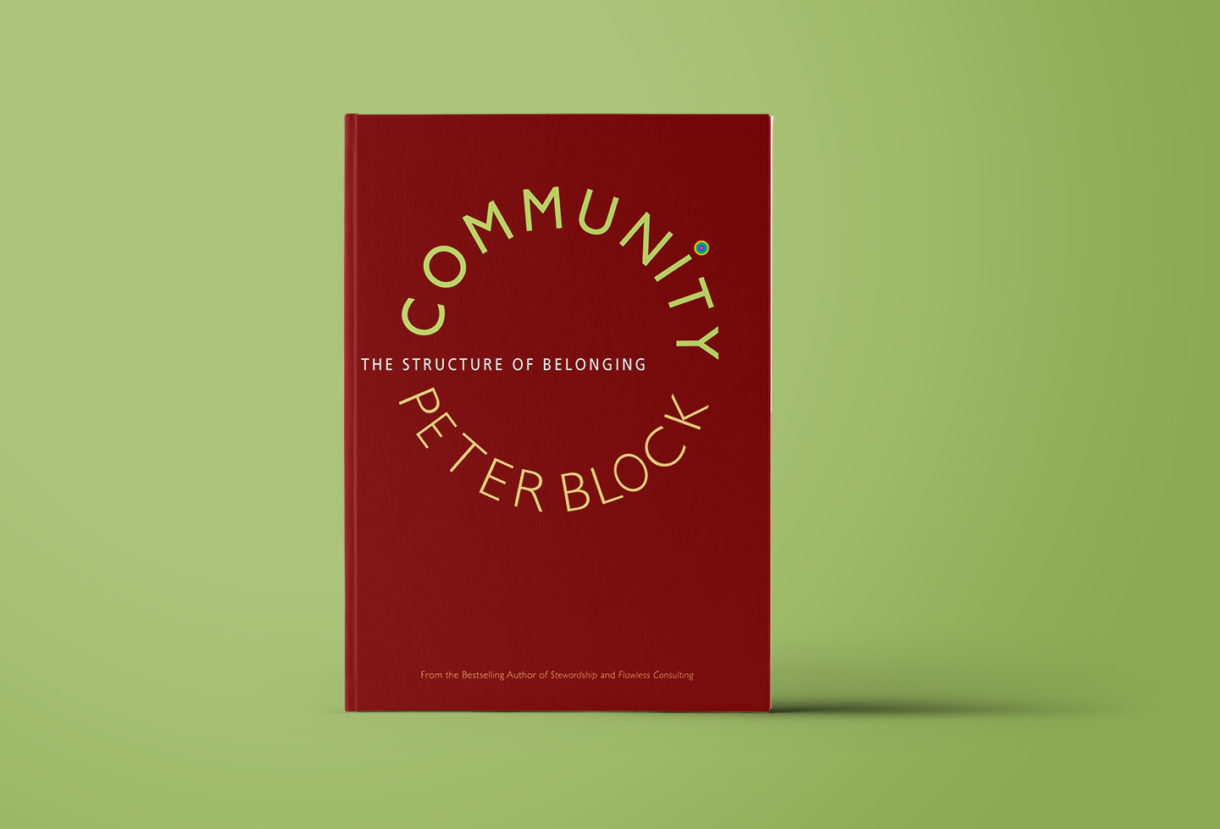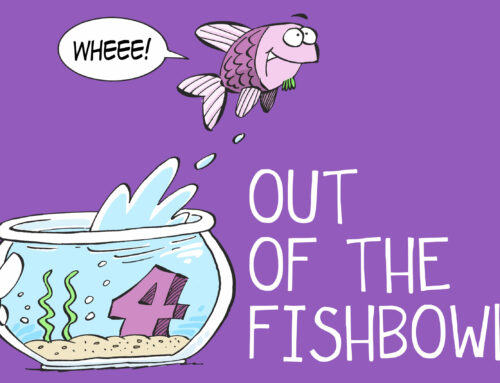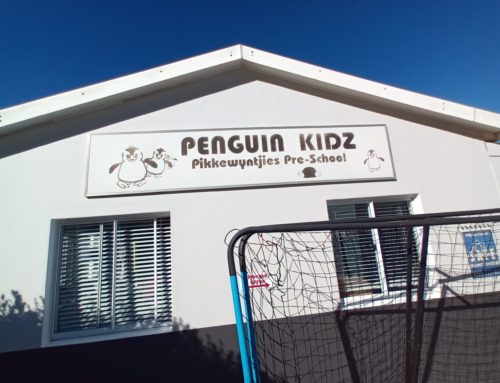i am busy reading the book Community – The Structure of Belonging, by Peter Block.
It is very similar to The Art of Possibility which i read recently and shared some thoughts from over here – by Benjamin Zander and Rosamund Stone Zander – in theme at least, but it is a little more of a dense book, requiring multiple rereadings of paragraphs and sections. But i am enjoying it. Particularly the invitation to think and see the world differently. From a place of possibility, optimism and hopefulness. With strong flavourings obviously of community.
‘The context that restores community is one of possibility, generosity, and gifts, rather than one of problem-solving, fear, and retribution. A new context acknowledges that we all have the capacity, expertise, and resources that an alternative future requires. Communities are human systems given form by conversations that build relatedness. The conversations that build relatedness most often occur through associational life, where citizens show up by choice, and rarely in the context of system life, where citizens show up out of obligation.
The small group is the unit of transformation and the container for the experience of belonging. Conversations that focus on stories about the past become a limitation to community; ones that are teaching parables and focus on the future restore community.’
[Peter Block, Community: The Structure of Belonging]

Restoration and Accountability
The purpose of sharing a few passages that jumped out at me is that i would love for you to read this book. These are kind of a trailer into a different way of seeing the world that will hopefully help you to start imagining what an alternative future could look like.
‘Restoration comes from the choice to value possibility and relatedness over problems, self-interest, and the rest of the stuck community’s agenda. It hinges on the accountability chosen by citizens and their willingness to connect with each other around promised they make to each other.
Restoration is created by the kinds of conversations we initiate with each other. These conversations are the leverage point for an alternative future. The core question that underlies each conversation is “What can we create together?”
[Peter Block, Community – The Structure of Belonging]
We often think of Accountability as a negative thing. Like the behaviour police [who we may or may not have invited to speak into our life]. But i love how Peter Block describes it briefly here in a way that seems so wholesome and transformative from a place of invitation more than correction:
‘Accountability is the willingness to care for the whole, and it flows out of the kind of conversations we have about the new story from which we want to take our identity. It means we have conversations about what we can do to create the future. Entitlement is a conversation about what others can do or need to do to create the future for us.’
[Peter Block, Community]

Retributive vs Restorative Community
i have long held the idea of Restoration over Retribution when it comes to incarceration. But Peter Block takes that idea as a lens through which to view community which creates a whole lot of possibility:
‘Our conversations and gatherings have the power to shift the context from retributive community to restorative community. This occurs through questions and dialogue that moves us in the following directions:
# From conversations about problems to ones of possibility
# From conversations about fear and fault to ones of gifts, generosity and abundance
# From a bet on law and oversight to a preference for building the social fabric and chosen accountability
# From seeing the corporation and systems as central to change to seeing associational life as central
# From a focus on leaders to a focus on citizens
What these have in common is the movement from centrism and individualism to collectivism and interdependent communalism. This shift has important consequences for our communities. It offers to return politics to public service and restore our trust in leadership. It moves us from having faith in professionals and those in positions of authority to having faith in our neighbours.
It takes us into a context of hospitality, wherein we welcome strangers rather than believing we need to protect ourselves from them. It changes our mind-set from valuing what is efficient to valuing belonging. It helps us leave behind our penchant for seeing our disconnectedness as an inevitable consequence of modern life and moves us towards accountability and citizenship.’
[Peter Block – Community: The Structure of Belonging]
Imagine if we made these changes what the world around us might start to look like… maybe we can in our smaller spaces and places of influence…

Concluding Thoughts
As it self-describes on the back cover: Peter Block offers an alternative to the increasing economic, relational, and ideological divides in our culture. To achieve a deeper sense of connection and belonging, we need to change the narrative from one of deficiencies and entitlement to one of possibility and generosity. This is how community is created, and Block shows how it’s done with examples from neighbourhoods, towns, and cities around the United States.
So, ja, just get hold of this book already. i am roughly half-way through and like i said it’s a little slow going for me, but mostly because i really want to take in what he is saying. As i spend time this year walking alongside a principal from a lower-resourced school [more on that soon!] i look forward to a different type of thinking that doesn’t get trapped in a scarcity mindset of what is not possible.
Community by Peter Block is well worth a read and some contemplation and reflection. i am looking forward to diving in further and seeing where i can start to incorporate some of this thinking in the spaces around me.
[To read my thoughts on The Art of Possibility, click here]







Leave a Reply